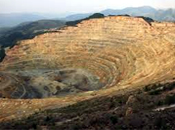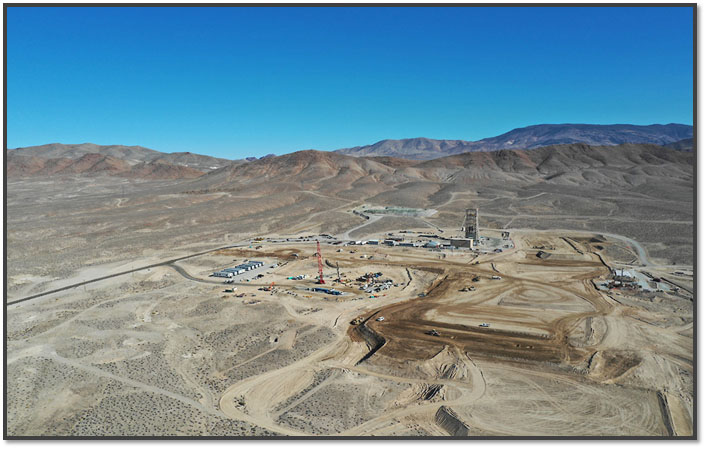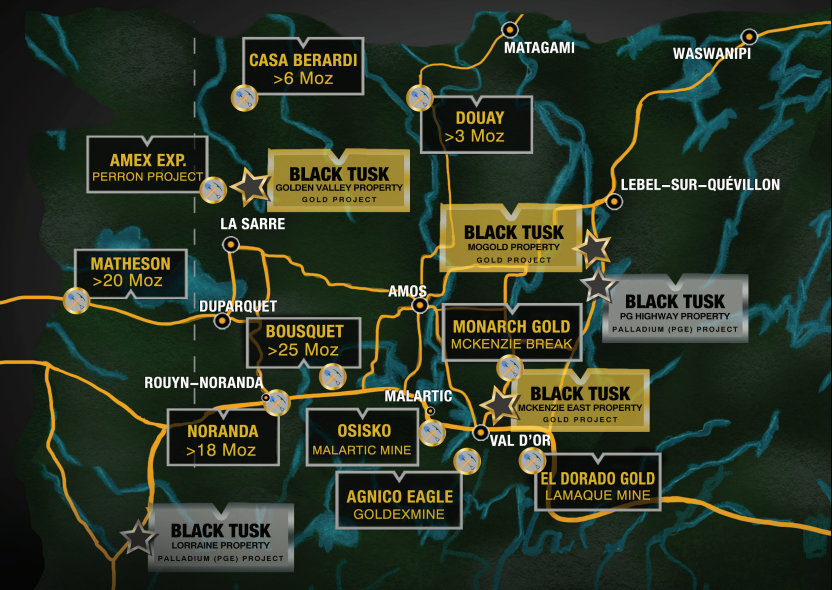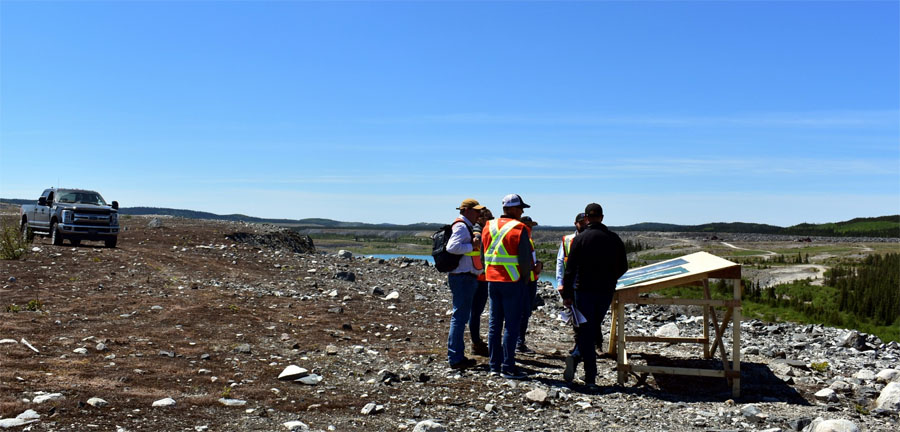
A report by Canada's House of Commons Standing Committee on Natural Resources says testimony before the group stressed, "Canada has an opportunity to turn its rare earth deposits into a competitive advantage, and at the same time, secure its own supply of this resource into the future."
In the report, "The Rare Earth Elements Industry in CanadaóSummary of Evidence," witnesses told the committee members that "Canada's position is unique with respect to REE development not only because of its rare earth reserves, but also because of the country's stable environment and mining expertise."
Currently, there is no rare earth production or refining in Canada despite more than 200 individual REE exploration projects across the country at various stage of development. The 20 most current active exploration projects amount to estimated combined resources or reserves of 38 million tonnes of contained total rare earth oxides, accounting for roughly 30% of the world total, said the report.
"Government officials noted that currently, it is not possibly to reliably estimate the total economic value of Canada's rare earth deposits," the committee observed.
Government officials identified 11 REE projects in the advanced exploration stage, all of which are owned by Canadian companies. Among these projects, five owned by Avalon, Quest, Matamec, Pele Mountain and Orbit are expected to reach production in the next four to five years.
However, the report observed "development costs of a rare earths mine are much higher than those associated with mining a more traditional metal, such as copper. Some companies expect annual revenue of approximately $1 billion; however, this may vary depending on the nature and geology of the deposit. The committee also learned that developing a REE mine may take between seven to 10 years and involve several stages of development (e.g., prefeasibility studies and environment assessment)."
"Witnesses told committee members that Canadian rare earth companies are facing significant technical, economic, environmental management, and community engagement and consultation challenges," said the report.
Technical challenges stem from the complexity and the technological requirements involved in testing, separating, processing and refining the REE deposits. "Some witnesses pointed out that Canada currently lacks the capacity to process and refine heavy REE, and in turn, produce metal," said the study.
Exploration and development of Canadian rare earth deposits requires significant capital expenditure in an environment where Canadian potential REE producers are experiencing capital constraints and significant cash flow restrictions, according to the report. Potential Canadian producers are also struggling because they need to compete with China, where production costs are much lower.
Industry witnesses also agreed "that sustainability and effective environmental management of rare earths mining is important for the successful development of Canada's REE industry. Some companies have already taken steps to minimize the environmental impacts of their proposed REE mining projects."
The committee also recognized that, similar to other resource development industries, "the rare earth industry needs to have a social license to operate and grow." First Nations have expressed concerns that proposed rare earth projects will have "irreversible impact on [First Nations'] quality of life, customs and traditions, and access to and use of traditional lands."
Government officials told the committee that Canada's public investment in REE R&D is only $1 million for the past three years. In comparison, the U.S. and Australian governments are investing close to $120 million over five years in the United States and $80 million over three years in Australia.
"Throughout the study, witnesses emphasized that the federal government has an important role to play in supporting and promoting the advancement of Canada's REE industry," said the committee, which learned there are several areas where federal intervention is needed. "A number of witnesses noted that the federal government should provide financial assistance to support academic and industry R&D."
Dorothy Kosich
Mineweb



























































